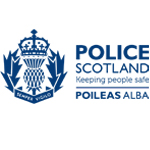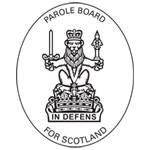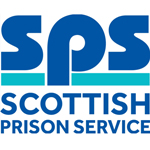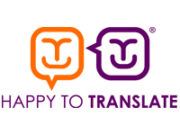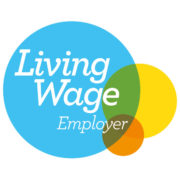Your Rights, Your Code – tell us your experiences
Tirion Seymour, Service User Engagement Officer at Victim Support Scotland, writes about how important it is for people affected by crime to feel empowered to exercise their rights and speak out about their experiences. She discusses her work encouraging people to get involved and to share their experiences.
At Victim Support Scotland we frequently hear how the experiences of victims and witnesses can, at times, feel erased or ignored by the criminal justice system, with the name of the perpetrator dominating the case.
“Within the system, as a victim, you have to have a voice.”
Feedback about the criminal justice system
Our Victims Awareness Week 2020 campaign Your Rights, Your Code raises awareness of the rights that victims have to minimum standards of service, to information, to participation, to protection, to support, to compensation and expenses, and to complain. Collectively, these rights allow people affected by crime to have a voice.
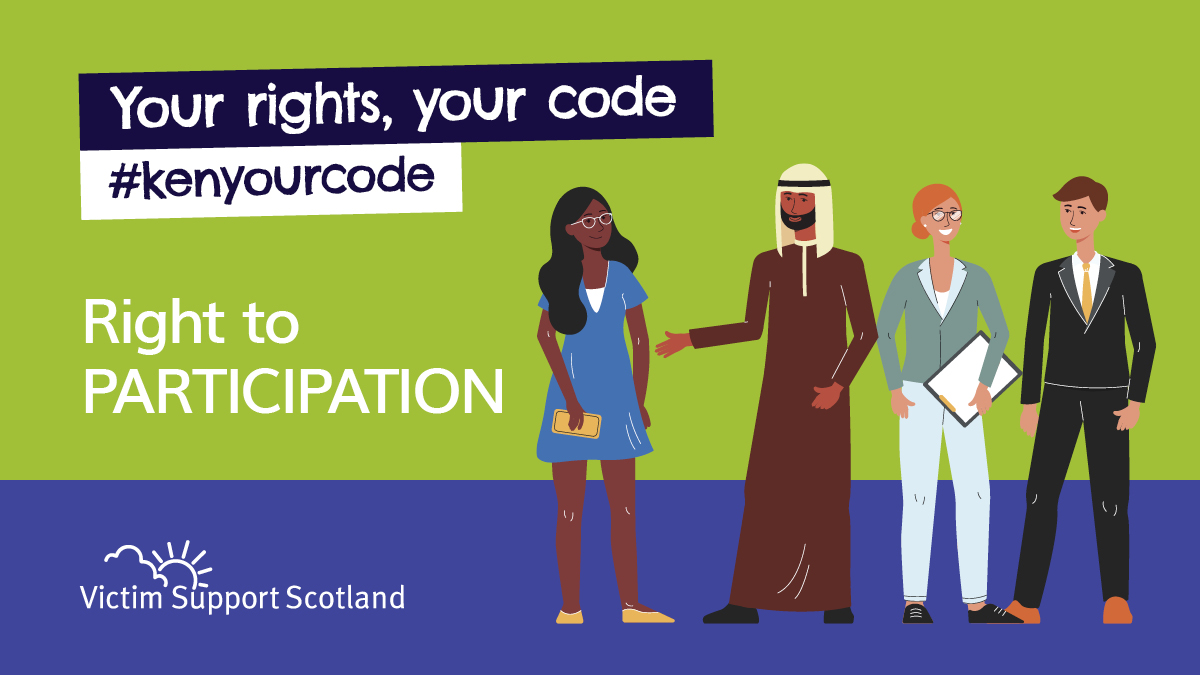
As part of Victims Awareness Week, we are calling on people who have been affected by crime to come forward and share their experiences of the criminal justice system. By doing so, they are helping to shape the future of victim support services in Scotland, as well as championing better rights.
We are working alongside our partners in the justice and third sectors to create a ‘victim-centred’ approach within criminal justice and support services. This will help to shape a future justice system and support services based on what individuals have told us is important to them.
Personal accounts of the impact and the aftermath of crime can be much more powerful to hear than the words of advocates and decision makers about what they think needs to change.
Our approach to involvement at Victim Support Scotland centres on giving people affected by crime a voice. Some people want to tell us about our services, the impact of crime, or their experiences of the criminal justice system. Others might simply want to make services better for people in their community. We welcome all feedback, whether or not someone has used our services.
Throughout this blog, I’m including quotes from people who’ve contacted us to share their experience.
Involvement
The lessons we learn from involvement are essential for Victim Support Scotland. We can improve and develop our own support services around this valuable feedback. Our policy and communications work is directly informed by what we learn about the experiences of people affected by crime in Scotland.
“To be heard by the people who have the power to implement changes in order to improve the system for victims and their families in the future is crucial.”
Victim Support Scotland has been engaging with victims and witnesses as part of the Victims Taskforce. This brings together the leaders of Scottish criminal justice agencies and support organisations to improve support, advice and information for people affected by crime. Both Victim Support Scotland and Rape Crisis Scotland have set up Reference Groups to gather the valuable input of individuals.
People provide feedback to the Reference Groups in different ways: one-to-one meetings, over the phone, via email and in group settings. Participants have expressed the importance of having their voices heard and their insight used to make a difference across the system.
Key themes raised through involvement work
Information and communication
The way information is communicated – or sometimes not communicated – to individuals in the aftermath of a crime has been a key theme across discussions. Some people have highlighted good practice, including being kept updated to the level they expected at different stages of the criminal justice process. Knowing who to ask about a question is valued.
“You are bombarded with so much info, and so much jargon, it is very hard to explain to others around you, even if you understand it yourself.”
Others, however, felt unaware of what was happening at different stages of the justice process, or were given information in a format that they did not understand. For some, the court process as a victim and/or witness of crime was a time of uncertainty around issues such as timescales and what would be expected of them within the court.
“I wanted just a wee phonecall, just a wee email…”
Some individuals have highlighted barriers they found in the communication flow between agencies in the aftermath of crime, meaning they had to explain themselves or tell their story multiple times. This includes the agencies people interacted with outside of the justice system such as housing, benefits or health. Having systems that communicated well across agencies and/or good contact with an individual who could guide a person through the process, were identified as ways to navigate this complicated system.
“If it’s not the same person, you have to explain everything again.”
Trauma-informed support
Individual feedback highlights the importance of support that understands an individual’s needs and is truly trauma-informed. This applies to agencies within the criminal justice system directly, but also wider services that somebody might need to access as a victim or witness of crime. There is a high risk of retraumatising survivors of crime due to poor processes, insensitive interviews or making people repeat their story.
“I was actually excited when I went in with my form, but came out like ‘wow, they must not read the forms, because if they did, they wouldn’t treat me like that’… You’re not putting yourself through all this to have the door shut in your face.”
“Two years to get counselling, and then they are tearing up… They walk out saying they can’t handle this, and I think, try living with this.”
As well as examples of support that people did not feel was trauma-informed, some people have given examples of support where the person understood them and the provided services that fulfilled their needs.
“I can talk for hours at a time if I want to…she never leaves me thinking that she’ll not be back…she calls me up at key times.”
Victim and witness rights
Several individuals have highlighted a feeling that they as a victim or witness have no rights within the criminal justice process. For other individuals, they knew there might be entitlements to things such as information. However, without appropriate support, they faced barriers to finding out what their actual rights were, or how to put these rights into practice.
“People think you can’t challenge it. If you haven’t got connections, you don’t know how to start.”
Looking ahead: Our involvement plans
At Victim Support Scotland we recognise how powerful involvement is to drive improvement and change in our own services and across the criminal justice system.
“When families begin to see their voice has been heard by people who have the power to implement changes it will give them the confidence and courage to continue.”
We will continue to:
- Spread the word about service user involvement opportunities
- Invite people who use our Victim Support Scotland services to give feedback on their experiences of using our support
- Welcome all people to share their stories about the criminal justice system to inform service delivery and system change
- Encourage people to have an input on the way we do involvement in Victim Support Scotland
You can get involved and help us to shape justice system processes and support services for the better.
We would welcome your views on the criminal justice system, support services or service user involvement opportunities, whether you have used Victim Support Scotland services directly or not.
Our Tell us about your experiences page gives details on how you can provide feedback, share your story and participate in Reference Groups.
Victims Awareness Week
Share your storyLatest news and blogs
-

Children (Care and Justice) (Scotland) Bill: Stage 3 Debate
At Wednesday’s debate on Stage 3 of the Children (Care and Justice) (Scotland) Bill, we’re asking members of the Criminal Justice Committee to consider the rights of victims who are harmed by 16 and 17-year-olds. Read our briefing to MSPs.
Read more
-
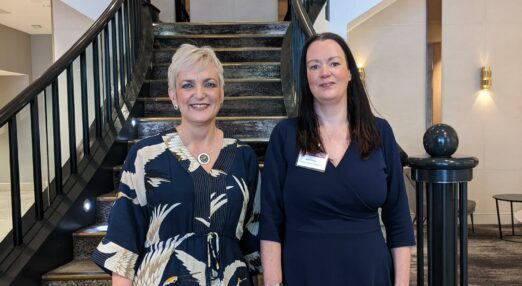
Remote evidence suites
Victim Support Scotland receives £500,000 funding from Scottish Government for specialist remote evidence suites
Read more
-
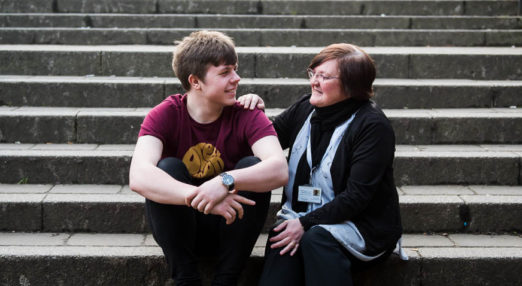
Victims, Witnesses, and Justice Reform Stage 1 debate
At today’s debate on Stage 1 of the Victim’s, Witnesses, and Justice Reform (Scotland) Bill, we’re asking members of the Criminal Justice Committee to keep victims’ views at the heart of their decision-making. Read our briefing to MSPs:
Read more
-

Victims’ charity seeks support to uphold victims’ rights
Victim Support Scotland, Scotland’s leading national charity for victims, is urging MSPs to consider victim support and information needs in the Children (Care and Justice) (Scotland) Bill as the debate of Stage 3 of the Bill approaches on 24 April.
Read more
-

Join Victim Support Scotland as a charity Trustee
Are you an exceptional leader, ambitious for change to improve victims’ and witnesses’ experiences of the criminal justice system? Leading charity VSS is looking for high calibre and committed professionals to join our Board of Trustees.
Read more
-
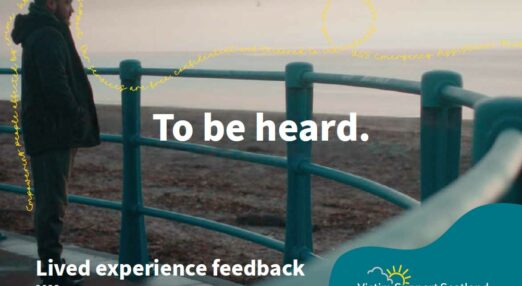
The importance of feedback
We always seek to hear from individuals affected by crime about their experiences with our services. This is crucial to ongoing learning and improvement within our work and in informing others about how our support can make a difference. We particularly encourage those who have experienced harm caused by children and young people under 18 to share their views.
Read more
-
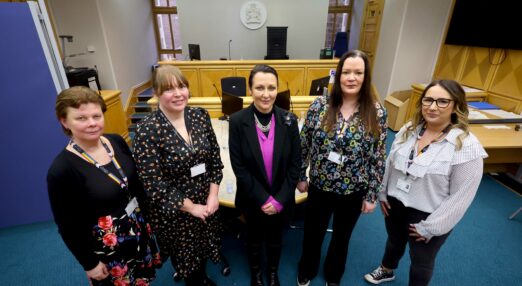
Minister goes to court to learn about services for victims and witnesses
As part of Victims’ Awareness Week, Minister for Victims and Community Safety Siobhian Brown visited Edinburgh Sheriff Court for a familiarisation visit.
Read more
-
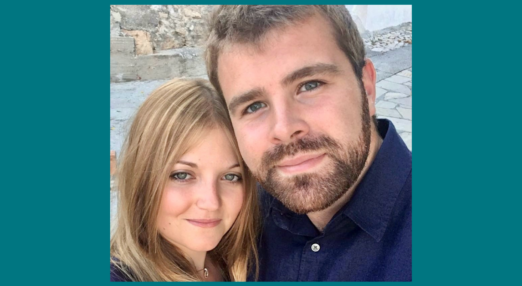
Bex’s story
Read more
-
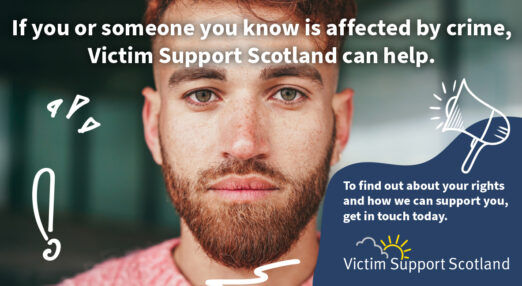
Campaign launches to support more victims of crime – press release
Read more
-

Student Volunteering Week – Priya’s story
Read more
-

Student Volunteering Week – Anna’s story
Read more
-

Victim support organisations sign open letter calling for anonymity for children who die as a result of crime
Read more



